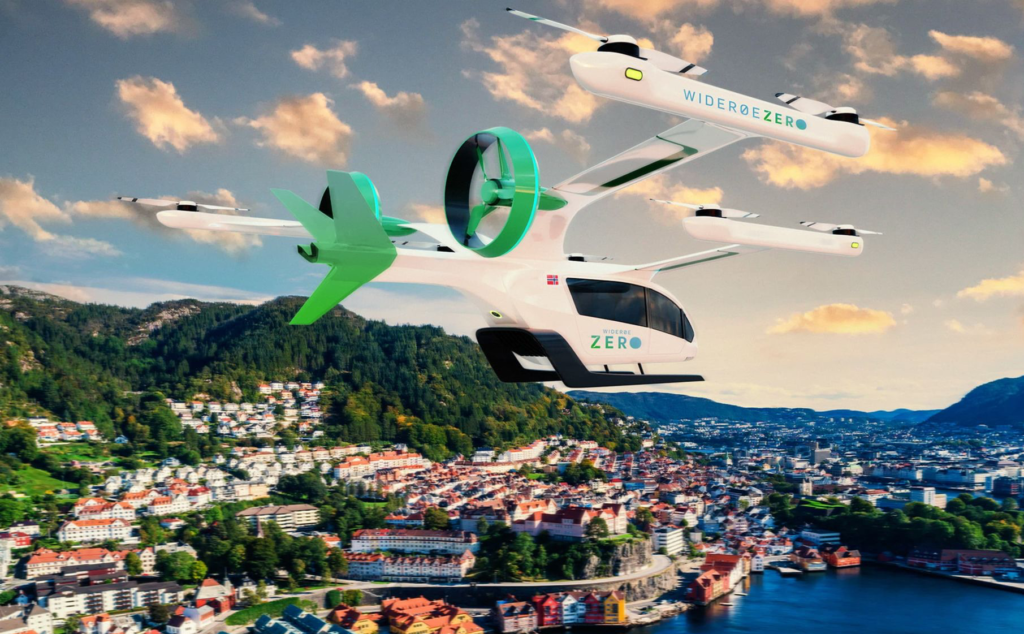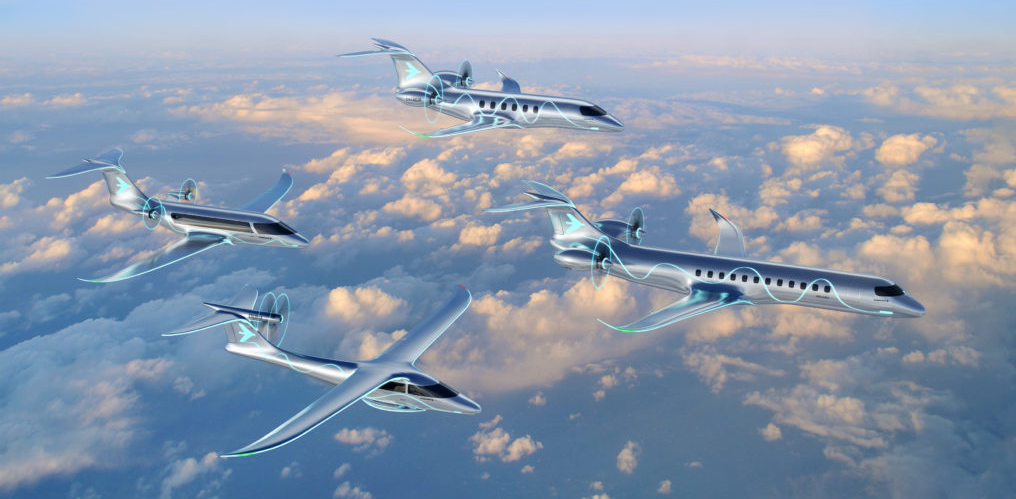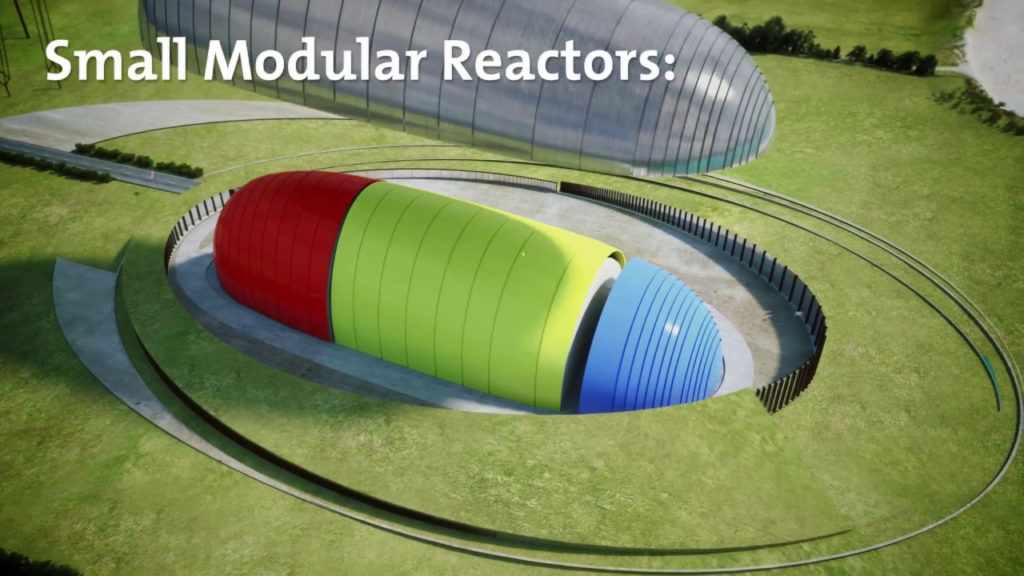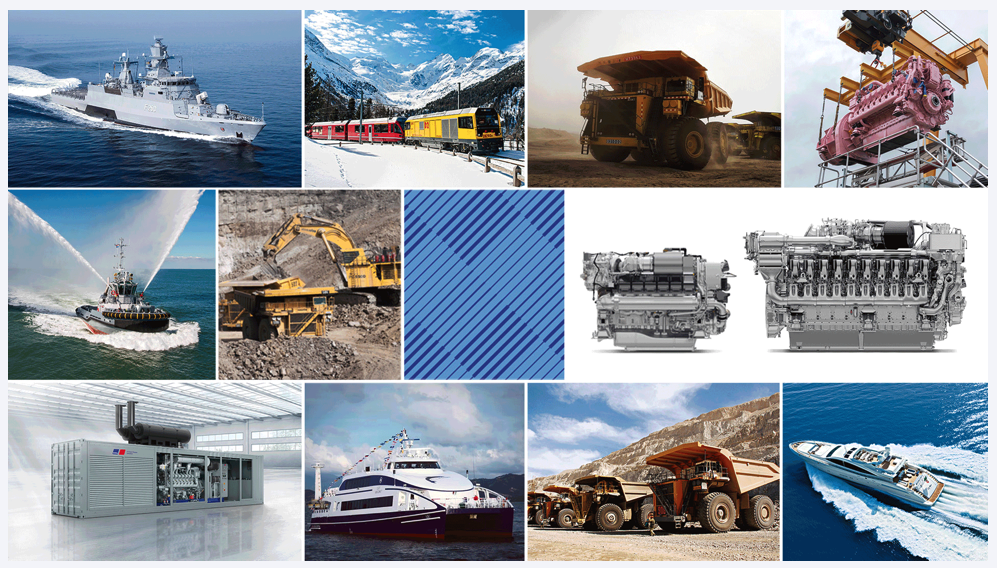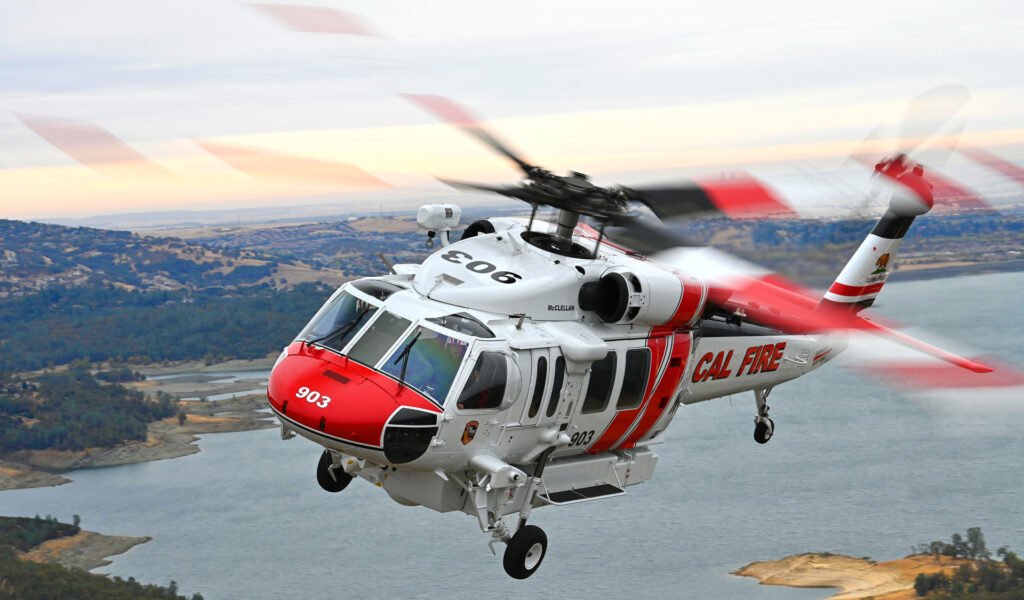Eve and Sydney Seaplanes Partner to Bring UAM Services to Australia
Melbourne, Florida, December 6, 2021 – Eve Urban Air Mobility Solutions (Eve), an Embraer (NYSE: ERJ) company, and Sydney Seaplanes, a leader in the transition to sustainable aviation, today announced a partnership that will lay…

